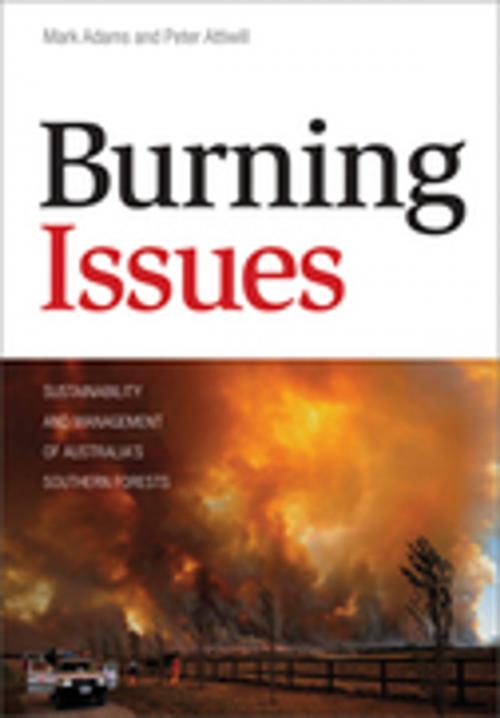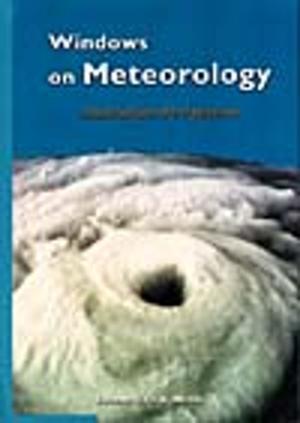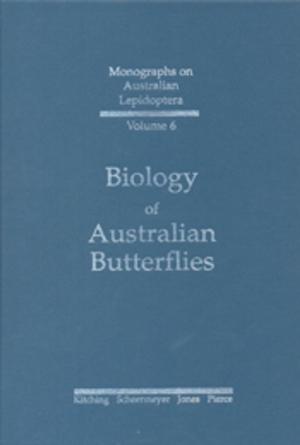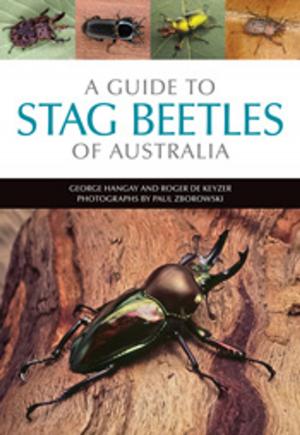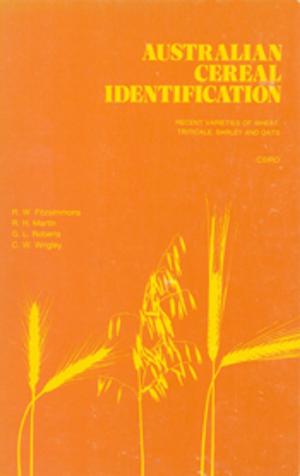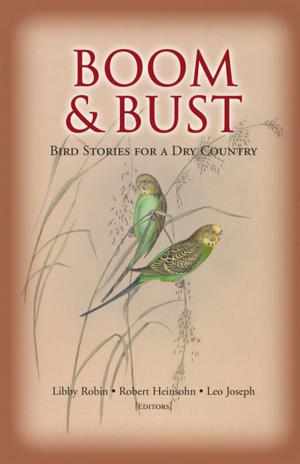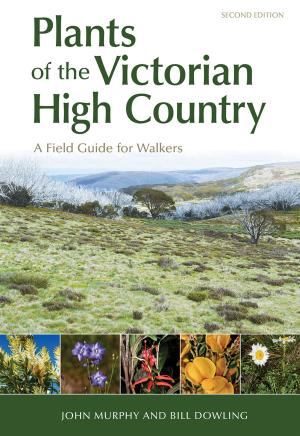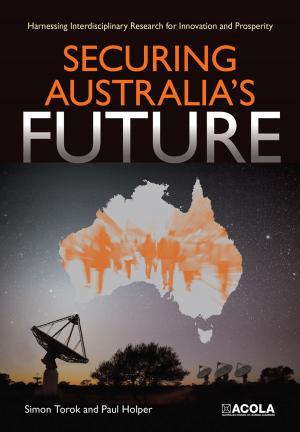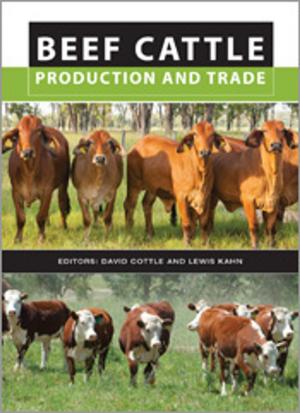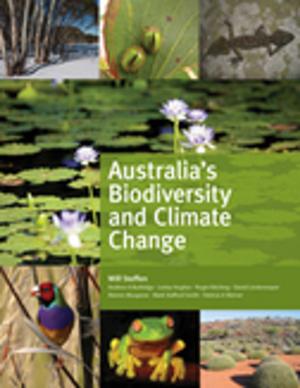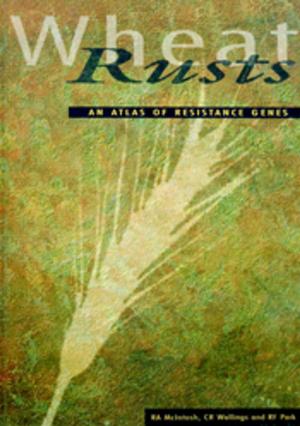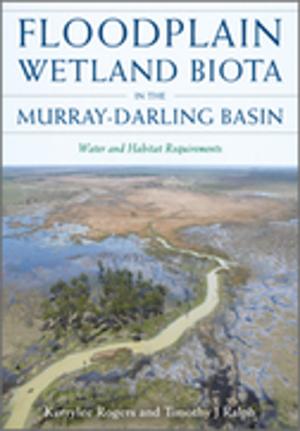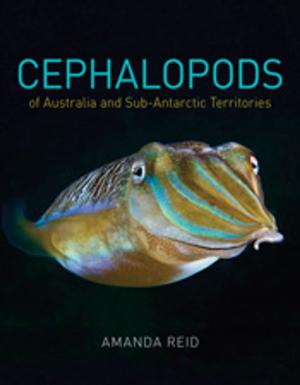Burning Issues
Sustainability and Management of Australia's Southern Forests
Nonfiction, Science & Nature, Science, Biological Sciences, Environmental Science, Nature| Author: | Mark Adams, Peter Attiwill | ISBN: | 9780643103474 |
| Publisher: | CSIRO PUBLISHING | Publication: | June 16, 2011 |
| Imprint: | CSIRO PUBLISHING | Language: | English |
| Author: | Mark Adams, Peter Attiwill |
| ISBN: | 9780643103474 |
| Publisher: | CSIRO PUBLISHING |
| Publication: | June 16, 2011 |
| Imprint: | CSIRO PUBLISHING |
| Language: | English |
Southern Australia is one of the three most fire-prone areas on Earth. After more than a century of urban growth and valiant efforts to ‘tame’ the bush, recent decades have seen more people moving back onto the fringe or into the middle of this volatile landscape. As this movement has intensified, so has the debate on how to best protect life and property from the ever-present bushfire threat. A long-running drought and a predicted warming climate have ensured that bushfire is a dominant factor in our nation’s long-term planning. Following the tragic Victorian Black Saturday fires in 2009, a much greater urgency now confronts policy makers, land and fire managers and communities living in bushfire areas. This has led to a call for a single, simple answer on fuel reduction burning to reduce the bushfire risk. Burning Issues explains that this is a complex issue without such a simple answer. The book gives an account of the role of fire in Australia’s ecosystems, how we have to accept and live with fire, and how we can manage fire both for safety and for diversity. It aims to change people’s attitudes to fire, and to be influential in encouraging changes in land management by government agencies.
Southern Australia is one of the three most fire-prone areas on Earth. After more than a century of urban growth and valiant efforts to ‘tame’ the bush, recent decades have seen more people moving back onto the fringe or into the middle of this volatile landscape. As this movement has intensified, so has the debate on how to best protect life and property from the ever-present bushfire threat. A long-running drought and a predicted warming climate have ensured that bushfire is a dominant factor in our nation’s long-term planning. Following the tragic Victorian Black Saturday fires in 2009, a much greater urgency now confronts policy makers, land and fire managers and communities living in bushfire areas. This has led to a call for a single, simple answer on fuel reduction burning to reduce the bushfire risk. Burning Issues explains that this is a complex issue without such a simple answer. The book gives an account of the role of fire in Australia’s ecosystems, how we have to accept and live with fire, and how we can manage fire both for safety and for diversity. It aims to change people’s attitudes to fire, and to be influential in encouraging changes in land management by government agencies.
